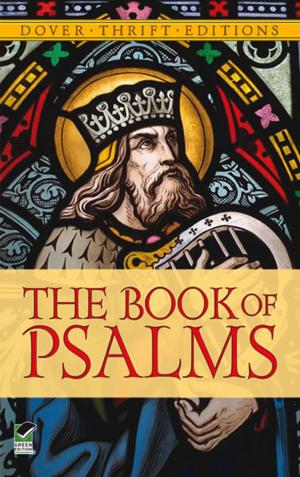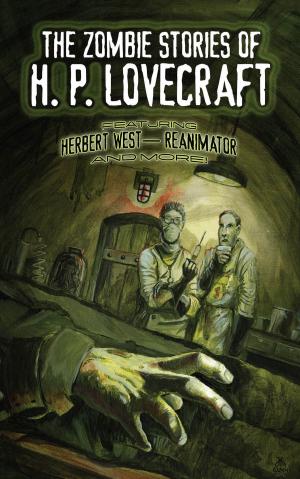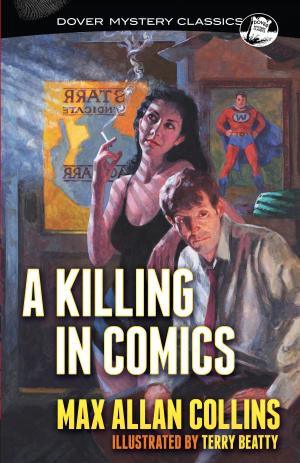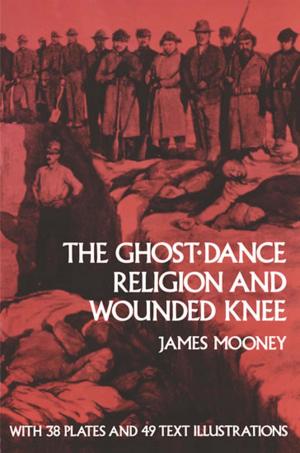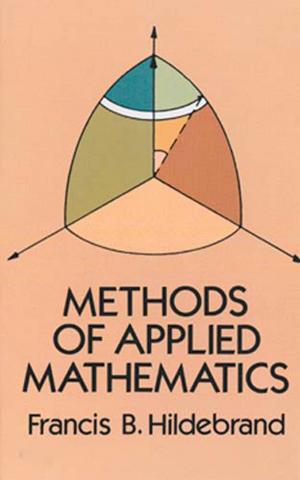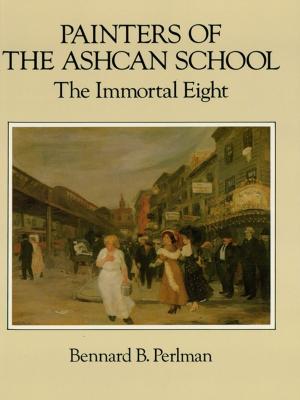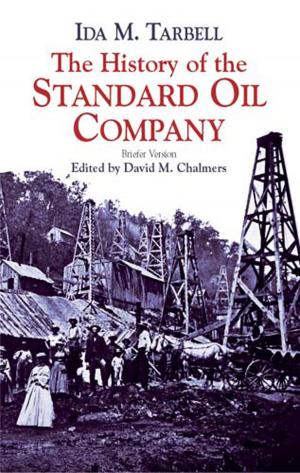| Author: | Anton Chekhov | ISBN: | 9780486157825 |
| Publisher: | Dover Publications | Publication: | February 20, 2013 |
| Imprint: | Dover Publications | Language: | English |
| Author: | Anton Chekhov |
| ISBN: | 9780486157825 |
| Publisher: | Dover Publications |
| Publication: | February 20, 2013 |
| Imprint: | Dover Publications |
| Language: | English |
First produced by the Moscow Art Theater in 1899, Uncle Vanya is one of Chekhov's greatest plays and a staple of the theatrical repertoire. Both structurally and psychologically compact, it is among the most expressive of the Russian playwright's dramatic works.
Set on an estate in nineteenth-century Russia, this deeply emotional tale of misplaced idealism and unrequited love concerns the complex interrelationships between a retired professor, his second wife, and his brother-in-law and daughter from a previous marriage. In deceptively mundane dialogue, the characters reveal their private tragedies — weakness and inability to communicate — the failures that lead them to lives of frustration and despair. Nevertheless, Chekhov's delineation of human frailties elicits sympathy for even the most irresolute and deluded characters, and the play's underlying message is one of courage and hope.
Essential reading for any course in modern theater, this absorbing play continues to be popular. Students, theatergoers, and all lovers of great drama will appreciate this inexpensive edition of a masterpiece.
First produced by the Moscow Art Theater in 1899, Uncle Vanya is one of Chekhov's greatest plays and a staple of the theatrical repertoire. Both structurally and psychologically compact, it is among the most expressive of the Russian playwright's dramatic works.
Set on an estate in nineteenth-century Russia, this deeply emotional tale of misplaced idealism and unrequited love concerns the complex interrelationships between a retired professor, his second wife, and his brother-in-law and daughter from a previous marriage. In deceptively mundane dialogue, the characters reveal their private tragedies — weakness and inability to communicate — the failures that lead them to lives of frustration and despair. Nevertheless, Chekhov's delineation of human frailties elicits sympathy for even the most irresolute and deluded characters, and the play's underlying message is one of courage and hope.
Essential reading for any course in modern theater, this absorbing play continues to be popular. Students, theatergoers, and all lovers of great drama will appreciate this inexpensive edition of a masterpiece.


